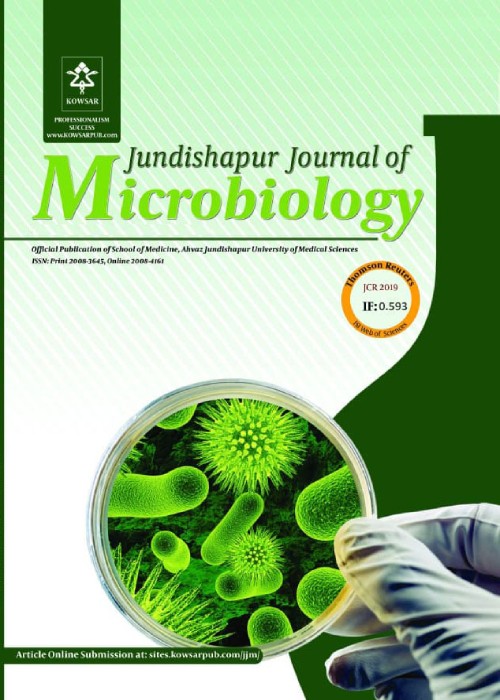Clinical Characteristics and Microbial Profiles of Paediatric Patients with Methicillin-Resistant Staphylococcus aureus Pneumonia in China
Shu Li Wang , Jun Lin Wang , Shu Hong Sun , Hua Tao , Li Wang , Xing Long Wu , et al.
Staphylococcus aureus can cause fatal pneumonia. The evolution of bacteria and the overuse of antibiotics have enhanced the drug resistance of methicillin-resistant Staphylococcus aureus (MRSA) and methicillin-sensitive Staphylococcus aureus (MSSA).
This study aimed to recapitulate the microbiological profile and clinical characteristics of paediatric patients with MRSA.
This retrospective study was conducted to investigate 1372 paediatric patients with S. aureus pneumonia from January 2017 to December 2021. Sputum specimens were collected and processed for performing bacterial culture and drug sensitivity tests. Medical records of patients were reviewed for clinical characteristics and laboratory examination results.
The MRSA and MSSA pneumonia mainly occurred in infants; however, comparisons of sex, age, and sampling time between patients with MRSA and MSSA pneumonia showed no significant differences (P > 0.05). The results of drug sensitivity in sputum culture revealed that all MRSA and MSSA isolates were susceptible to vancomycin, tigecycline, linezolid, teicoplanin, and ceftaroline. Methicillin-sensitive Staphylococcus aureus was completely sensitive to rifampicin and oxacillin. Methicillin-resistant Staphylococcus aureus was completely resistant to penicillin and oxacillin, while MSSA was less sensitive to penicillin. Methicillin-resistant Staphylococcus aureus and MSSA both maintained high sensitivity rates to gentamicin, sulfamethoxazole-trimethoprim, levofloxacin, and moxifloxacin, with the exception of clindamycin and erythromycin. According to our results, moreover, the sensitivity of MRSA to gentamicin and sulfamethoxazole-trimethoprim was significantly higher than that of MSSA (P < 0.05). The common symptoms of patients with S. aureus pneumonia were fever, cough, and wheezing. patients with MRSA pneumonia had significantly higher counts of white blood cells (WBCs), C-reactive protein (CRP), and procalcitonin (PCT) than patients with MSSA pneumonia (P < 0.05).
The results of antimicrobial sensitivity test in sputum culture of MRSA and MSSA isolates can reflect the sensitivity of antibiotics and guide the use of clinical antibiotics. Infectious biomarkers can reflect the severity of infection and guide prognosis.
- حق عضویت دریافتی صرف حمایت از نشریات عضو و نگهداری، تکمیل و توسعه مگیران میشود.
- پرداخت حق اشتراک و دانلود مقالات اجازه بازنشر آن در سایر رسانههای چاپی و دیجیتال را به کاربر نمیدهد.


